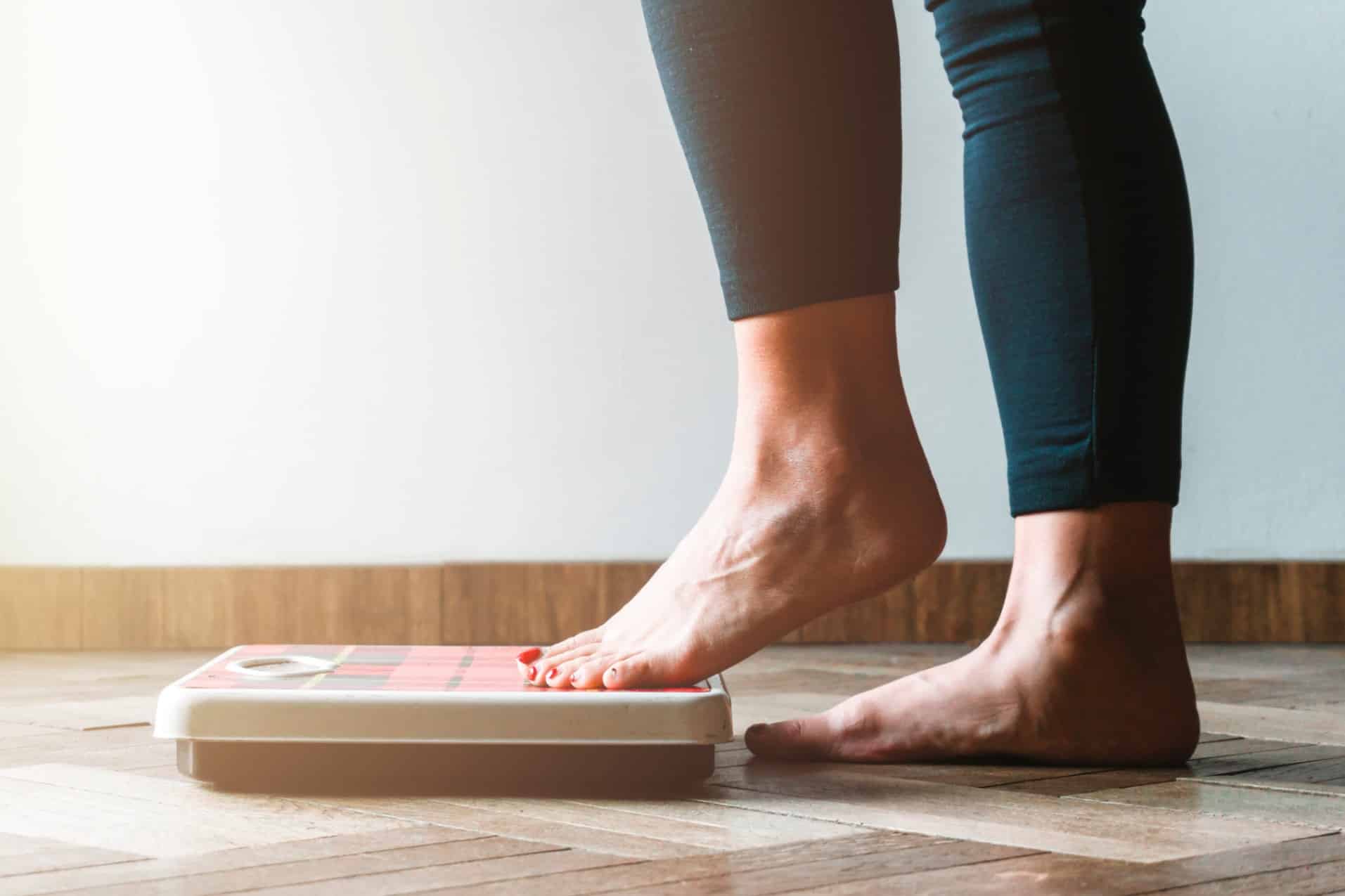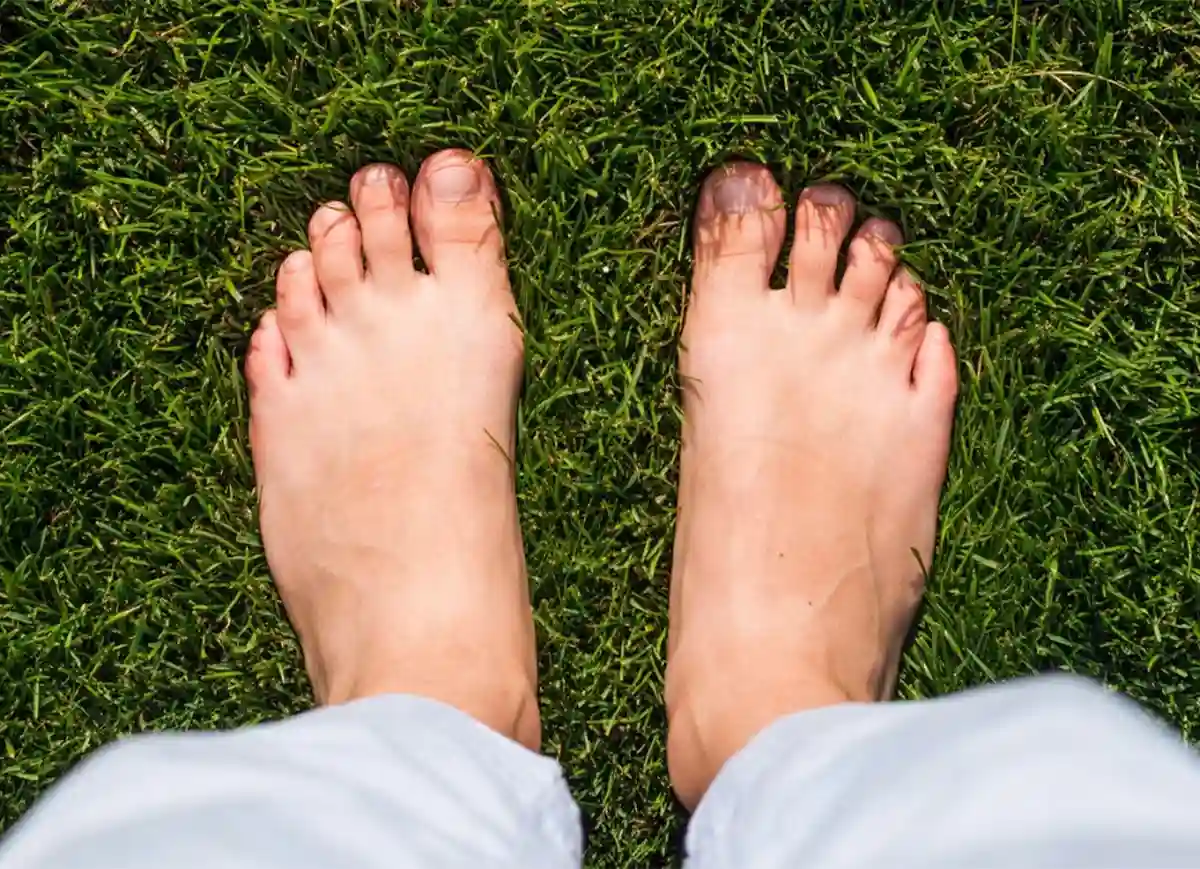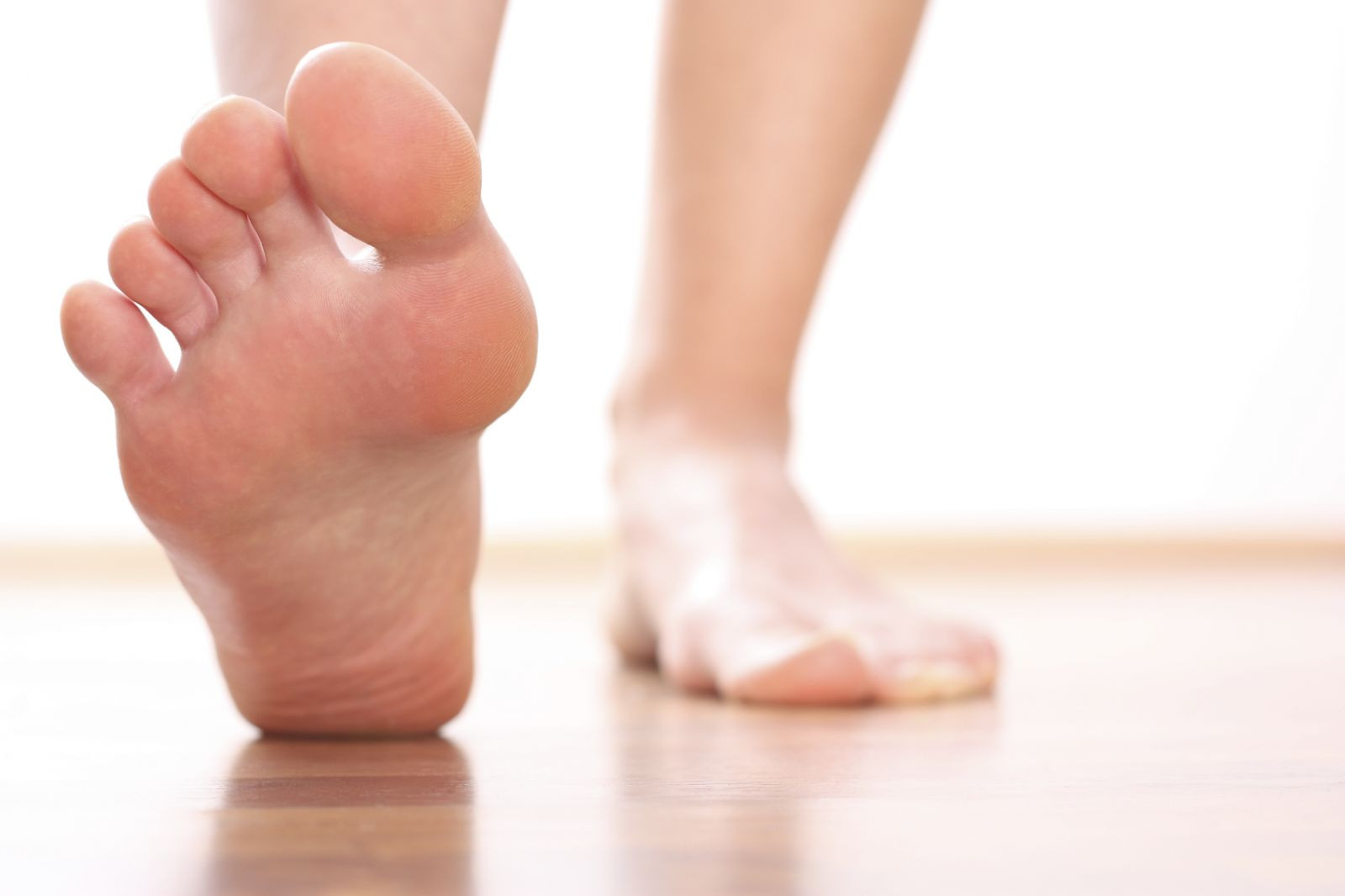Have you ever wondered if your feet can shrink when you lose weight? Surprisingly, they can! As you lose weight, not only do you lose body fat, but you also decrease the fat pads on the underside of your feet. This reduction can lead to a noticeable decrease in both the size and width of your feet, affecting how your shoes fit. In this post, we will find out how weight loss impacts foot size and why this phenomenon occurs.

Contents [hide]
Do Your Feet Shrink When You Lose Weight?
Yes, your feet may shrink slightly if you lose a significant amount of weight. Here’s the breakdown:
- Fat Loss: When you lose weight, you lose fat throughout your body, including in your feet. This can cause your feet to appear and feel somewhat smaller.
- Reduced Swelling: Obesity can contribute to fluid retention and swelling in the feet. Losing weight can help reduce this swelling, making your feet feel less puffy.
- No Bone Change: It’s important to remember that your feet’s bone structure won’t shrink. The overall size reduction comes from fat and fluid loss.
How Much Shrinkage Can You Expect?

It’s difficult to predict an exact amount of shrinkage as it depends on several factors:
- Starting Weight: People with more weight to lose are more likely to experience noticeable shrinkage in their feet.
- Amount of Weight Lost: The greater the weight loss, the more potential for foot size reduction.
- Individual Body Composition: Fat distribution varies person-to-person. Some people might store more fat in their feet, leading to a more significant size change with weight loss.
Noticeable Changes:
- While some people might find their shoes looser after weight loss, it’s unlikely your foot size will decrease by a whole shoe size.
- A change of half a size or finding your current shoes slightly roomy might be more realistic.
Losing weight can lead to some shrinkage in your feet, but it won’t dramatically alter your bone structure. If you’re looking for a specific measurement or have concerns about foot size after weight loss, consulting a podiatrist (foot doctor) is recommended.
How Weight Loss Affects Your Feet?
Weight loss has various impacts on your body, and one less commonly known effect is on your feet. Losing weight can lead to changes in your foot structure and overall foot health. Here’s a deeper look into how shedding pounds affects your feet:

1. Decreased Foot Size:
One of the most noticeable effects of weight loss on your feet is a reduction in foot size. As you lose body fat, the fat pads on your feet decrease. This can lead to a reduction in both the length and width of your feet, as there is less cushioning and insulation needed. Many people find they need smaller shoes after significant weight loss.
2. Less Pressure on Feet:
Weight loss reduces the load your feet must support, which can lead to less foot pain and discomfort, especially when performing activities like walking or running. Each step you take puts pressure equivalent to several times your body weight on your feet. Reducing body weight lessens this pressure, potentially alleviating pain associated with conditions like plantar fasciitis or heel spurs.
3. Improved Foot Health:
Obesity is a risk factor for several foot problems, including flat feet, gout, and arthritis. Excess weight can strain the plantar fascia, the bowstring-like band of tissue that runs from your heel to your toes. Weight loss alleviates this strain, reducing the risk of developing plantar fasciitis and other foot conditions. It can also improve overall foot mechanics, leading to better alignment and less stress on the joints.
4. Reduced Swelling and Inflammation:
Excess weight can contribute to poor circulation, leading to swelling and edema in the feet and ankles. Weight loss can improve circulation, reducing swelling and the discomfort that comes with it. Additionally, losing weight can decrease systemic inflammation, further reducing swelling in the feet and improving overall foot health.
5. Increased Mobility and Functionality:
As weight decreases, mobility typically improves. Less weight means less burden on your feet, making it easier to engage in physical activities. This can lead to a virtuous cycle: increased activity leads to further health improvements and potentially more weight loss, enhancing foot health even more.
Frequently Asked Questions
Does losing weight affect foot size?
Yes, significant weight loss can affect the perceived size of one’s feet. The reduction of fat primarily affects the foot’s width rather than length which can lead to a smaller shoe size. However, this isn’t the case for everyone as it largely depends on where the fat is stored in an individual’s body.
Will everyone’s feet get smaller with weight loss?
Not necessarily. The changes post-weight loss can vary from person to person, largely depending on where in the body the fat is stored. So, not everyone will notice a difference in foot size after losing weight.
How does weight loss affect shoe size specifically?
Weight loss can alter the perception of shoe size by reducing the width of the foot and potentially changing the arch’s height. This can result in a smaller shoe size. It’s important to note that the length of the foot typically remains the same.
What role does fat dispersion play in foot size changes?
The way fat is dispersed in the body plays a key role in changes to foot size. When weight is lost, the fat in the feet decreases, reducing foot width. Those who carry more weight in their lower body, including the feet, are more likely to see a change in foot size with weight loss.
Yes. When significant weight is lost, it can reduce strain and pressure on the feet, helping to alleviate various foot problems. It can lead to healthier feet overall, potentially reducing the risk of conditions like flat feet, plantar fasciitis, and bunions.

Hello, I’m Ravindra. Over the years, I’ve immersed myself deeply into the world of fitness and health, transforming both my body and mind. Writing has allowed me to share my journey, insights, and expertise with those just starting out and seasoned fitness enthusiasts alike. Beyond just routines and diets, I believe in inspiring others to adopt a holistic approach to well-being.
